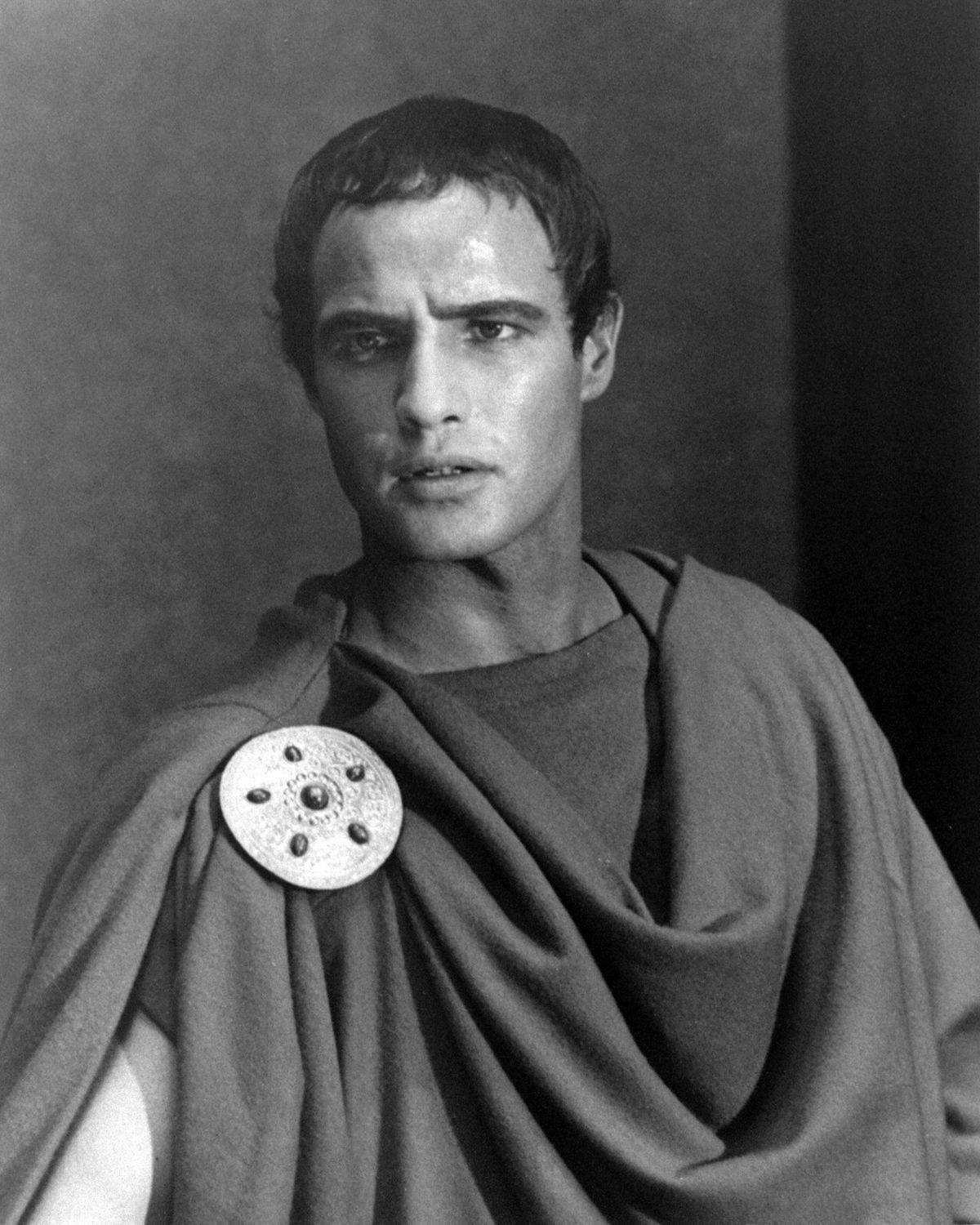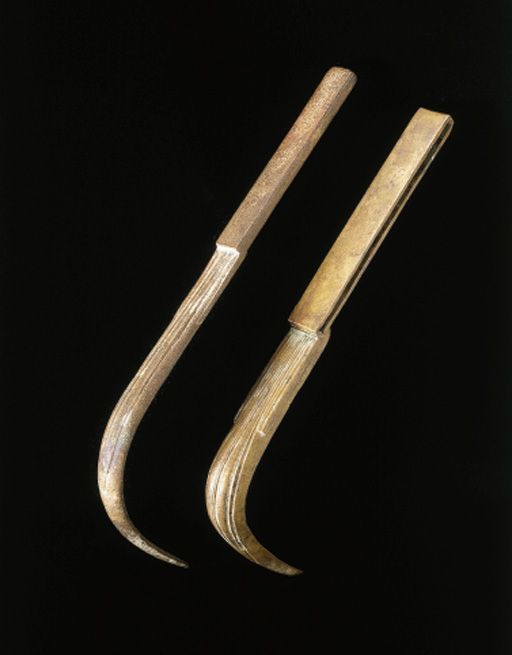For Mark Antony — Roman general, Cleopatra’s destined consort — bathing was a prelude to power.

Picture him in his private bath, not in later imperial thermae, as he disrobed his armour in the comfort of his luxurious home. The colossal Baths of Diocletian or Caracalla were built centuries later – at this point in history, baths were small and private. It was actually Mark Antony’s enemy, Marcus Agrippa, who ultimately endowed Rome with its grand public baths (notably the Thermae Agrippae).

But back to Antony.
In the gardens once belonging to Pompey, on the Carinae slope of the Esquiline — property Julius Caesar gifted to Antony — he may have entered his private balnea (the ancient name for home spas).
Follow him through the sequence: tepidarium first, warm and humid, designed to ease muscles that carried the weight of empire. Then the caldarium, thick with steam that exorcised tension like bad spirits sweated out through skin.
Next comes oil; a generous pouring. Olive oil massaged by hands that understand exactly how much pressure a general's shoulders can bear. Galen praised such treatments for keeping bodies "supple" and blood flowing "like wine at banquet." The oil lifts grime, yes, but also the particular exhaustion that comes from making life-and-death decisions before breakfast.
Then the strigil — curved bronze scraping away oil and sins in smooth strokes, removing the day's accumulated weight before night's pleasures begin.The frigidarium follows: plunge so cold it shocks blood awake, clears eyes clouded by politics and wine. The kind of cold that makes gods take notice and mortals remember they're still alive.
Finally, scent: pine, myrrh, or cypress carried not only health but presence. As Pliny put it, the Roman anointed for “the sake of skin, and the pleasure of those nearby.” (Naturalis Historia, Book XIII).
Antony, with his Greek sympathies and Dionysian theatrics, likely favoured frankincense and cedarwood — rich, resinous, impossible to ignore. Scents that announced his presence before he entered rooms; that lingered in marble corridors long after he'd passed through.
Heat, cold, oil, and touch — a ritual to ready the body for war, for politics… or for Cleopatra.



